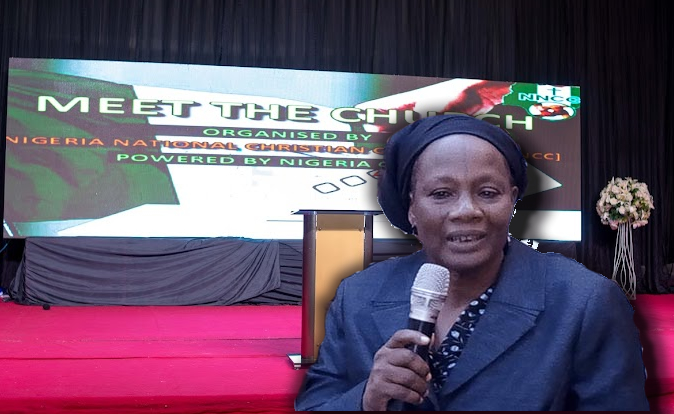Hon. Justice Elisabeth Asabe Karatu, retired Chief Justice of Kebbi State, has said that discrimination against Christians in the Northern States of N
Hon. Justice Elisabeth Asabe Karatu, retired Chief Justice of Kebbi State, has said that discrimination against Christians in the Northern States of Nigeria violates norms such as liberal democracy and sound economic policy.
It is centralised around the idea of not only corruption within the system but a lack of transparency and accountability, arbitrary policy-making and the cheating of those who are governed.
Justice Karatu said this in a speech on her behalf at the Meet the Church Summit, organised by Nigeria National Christian Coalition NNCC at the Internationa Conference Centre, Abuja, on Tuesday, September 20, 2022.
Karatu, in her speech, said there is deliberate discrimination against Christians regarding policy appointments. The opinions of the Christians in the North are not heard or considered by the governing bodies.
‘Christians must therefore refuse to be frustrated but participate fully in the affairs of our country. They must put their ears on the ground to know what is happening.
The retired Justice added that ‘human rights abuses, widespread poverty, insecurity, corruption and lack of trust in the political system have led to disenchantment amongst the electorate, especially the Christians, despite their population.
‘Moving forward to the 2023 elections, Karatu warned Christians that their attention must be focused on the overlooked question of who becomes their political leaders, particularly the quality of people elected as the local government councils, state house of assemblies, house of representatives, senate as well as those elected as governors and the president.
She pointed out that the election process must be void of political, religious, gender, tribal social or academic influence. Sentiments should not be allowed to cloud the people’s judgement instead of voting qualified and best men for the job.

COMMENTS